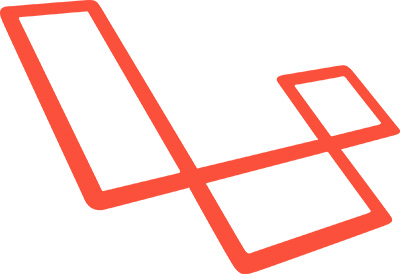New: Only ship complete orders
Starting today, Picqer lets you choose whether orders can be delivered in parts or only once all products are in stock. In addition, all backorders now include a 'priority' to ensure fairer allocation.
Picqer moves to Laravel 4
 Picqer has migrated to the Laravel 4 framework. This move allows us to continue adding new functionality quickly and efficiently. Last Monday, the Laravel version of Picqer went live. In this technical article, we explain our choice and describe the advantages of Laravel.
Picqer has migrated to the Laravel 4 framework. This move allows us to continue adding new functionality quickly and efficiently. Last Monday, the Laravel version of Picqer went live. In this technical article, we explain our choice and describe the advantages of Laravel.
We began developing Picqer in early 2012. At the time, we were building our projects using Zend Framework, and started Picqer the same way. Zend Framework 2 was already in development, but not stable enough to build on. So Picqer was built using Zend Framework version 1.
Picking orders with your iPhone
In most cases, you start using Picqer on your desktop or laptop. But since Picqer works on any device with a web browser, you can also use it on your tablet or smartphone. This is perfect if you need to enter an order while on the go.
But things really get interesting when you start using iPhones and iPads in your warehouse.
Picqer offers optimized screens for order picking on iPad, iPhone and even iPod touch. This means you don’t need expensive, specialized hardware for your warehouse. You can simply use standard devices. Want to speed things up even more? Connect a Bluetooth barcode scanner to your smartphone and never pick the wrong product again.
Check out the Picqer app.
Custom order numbering in Picqer
Until now, Picqer used a fixed numbering format for orders and picklists, always in this style: 20130293. That meant a maximum of 4 digits for orders per year and therefore a maximum of 9,999 orders and picklists processed through Picqer annually. Fortunately, several users are approaching that limit, so it's time for more flexibility.
API documentation now available online
As more developers start integrating with the Picqer API, it was time to improve and publish our documentation.
Starting today, the Picqer API documentation is available at picqer.com/api. Want to integrate with the Picqer API but don’t have a test account yet? Create an account and email us to let us know you want to use it as a developer account. We’ll make sure you can test without limitations.
Do you have questions about the API or have you built a great integration with Picqer? Let us know!


